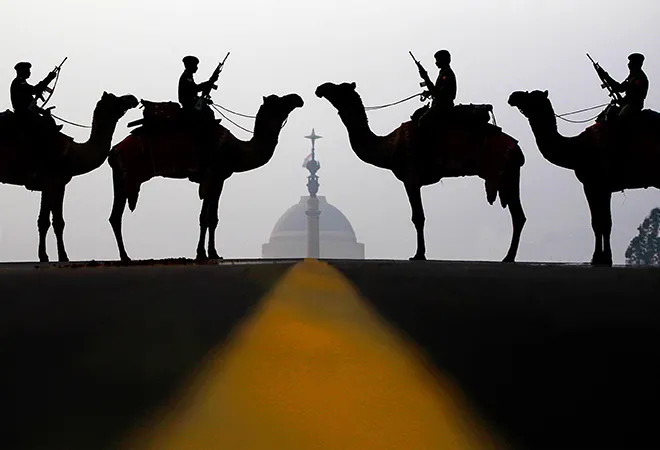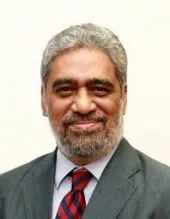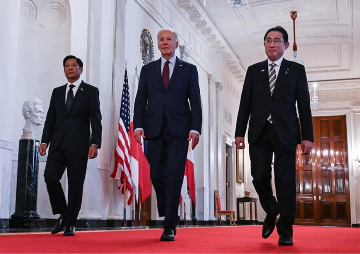 This article is part of the series — What to Expect from International Relations in 2021.
This article is part of the series — What to Expect from International Relations in 2021.
As India surveys the world devastated by COVID-19 pandemic, the rise of China and its impact on the regional balance and international order, Delhi needs to reclaim its voice on global issues. India’s ability to secure its economic, political and security interest will depend critically on its active contribution to the shaping of the international agenda.
In an apparent paradox, Delhi’s ability to set the international agenda seemed to peak when it was a relatively weak player in the international system immediately at the aftermath of its independence in 1947. Yet its boldness in articulating big ideas — about Asian and Afro-Asian solidarity and non-alignment as well as campaigns against apartheid and for rapid decolonisation, disarmament and peaceful coexistence among the major powers allowed India to set up an alternative discourse, whose ideas continue to resonate in the 21st century. Yet, India’s inward economic orientation and conscious de-globalisation and the radicalisation of its “Third World-ism” steadily undermined India’s international salience.
In an apparent paradox, Delhi’s ability to set the international agenda seemed to peak when it was a relatively weak player in the international system immediately at the aftermath of its independence in 1947.
When its economy went belly-up at the dawn of the 1990s, India was compelled to change its economic strategy. India’s reforms since then have helped India grow at a faster clip and its relative economic weight began to steadily increase. In the early years of the 21st century, it became commonplace to talk about a rising India that would soon take its place in the top ranks of global power. Yet, India’s international policies went into a defensive crouch. The weak coalition governments that became the norm struggled to cope with the challenges of economic liberalisation and globalisation and political restiveness across the nation, especially in frontier areas, and fending off the dangers of external intervention (from the West) in its internal affairs.
Today, a politically stronger India that has the will to undertake major economic reforms has also become more self-assured in its engagement with the world. Its growing partnerships across the world — both bilateral and plurilateral — allows Delhi to carve out an agenda-setting role in the international system. Three areas present themselves.
A politically stronger India that has the will to undertake major economic reforms has also become more self-assured in its engagement with the world.
The first involves calling out the renewed threats of hegemony in Asia and beyond. India has been hesitant to consistently call out the challenges from China’s muscular policies. Where it did — in the case of the Belt and Road Initiative in May 2017 — it proved to be prescient and accurate. Much in the manner that India challenged the persistence of colonialism after the Second World War, resistance to Chinese dominance and offering alternative solutions that are more in sync with the ideas of national sovereignty would provide an important strategic anchor to India’s agenda setting.
Second, as the world rethinks globalisation, India can take the lead in finding a new balance between three competing imperatives of globalisation, democracy, and national sovereignty. Identifying this trilemma, Harvard economist Dani Rodrik argued that it is not possible to have all three of them. Shunning hyper globalisation in the economic and political domains might help sovereign states manage the sensitive choices involved within a democratic framework. India, with its strong equities in the Global South and growing engagement with the West, is in a good position to flesh out the terms of such a limited globalisation with credible nation-states that are accountable to their citizens.
Third, is in the global governance of emerging technologies. As a country with considerable strengths in many emerging technologies, India is well placed to join the ‘coalitions of the capable and willing’ in facilitating responsible global development of technologies such as Artificial Intelligence, developing new norms for the promotion and regulation of the growing human activity in Outer Space, securing democracies from the dangers of new digital technologies, and preventing the rise of a techno-hegemon that builds authoritarian governance models at home and weaponises them for global dominance.
The views expressed above belong to the author(s). ORF research and analyses now available on Telegram! Click here to access our curated content — blogs, longforms and interviews.



 This article is part of the series —
This article is part of the series —  PREV
PREV


